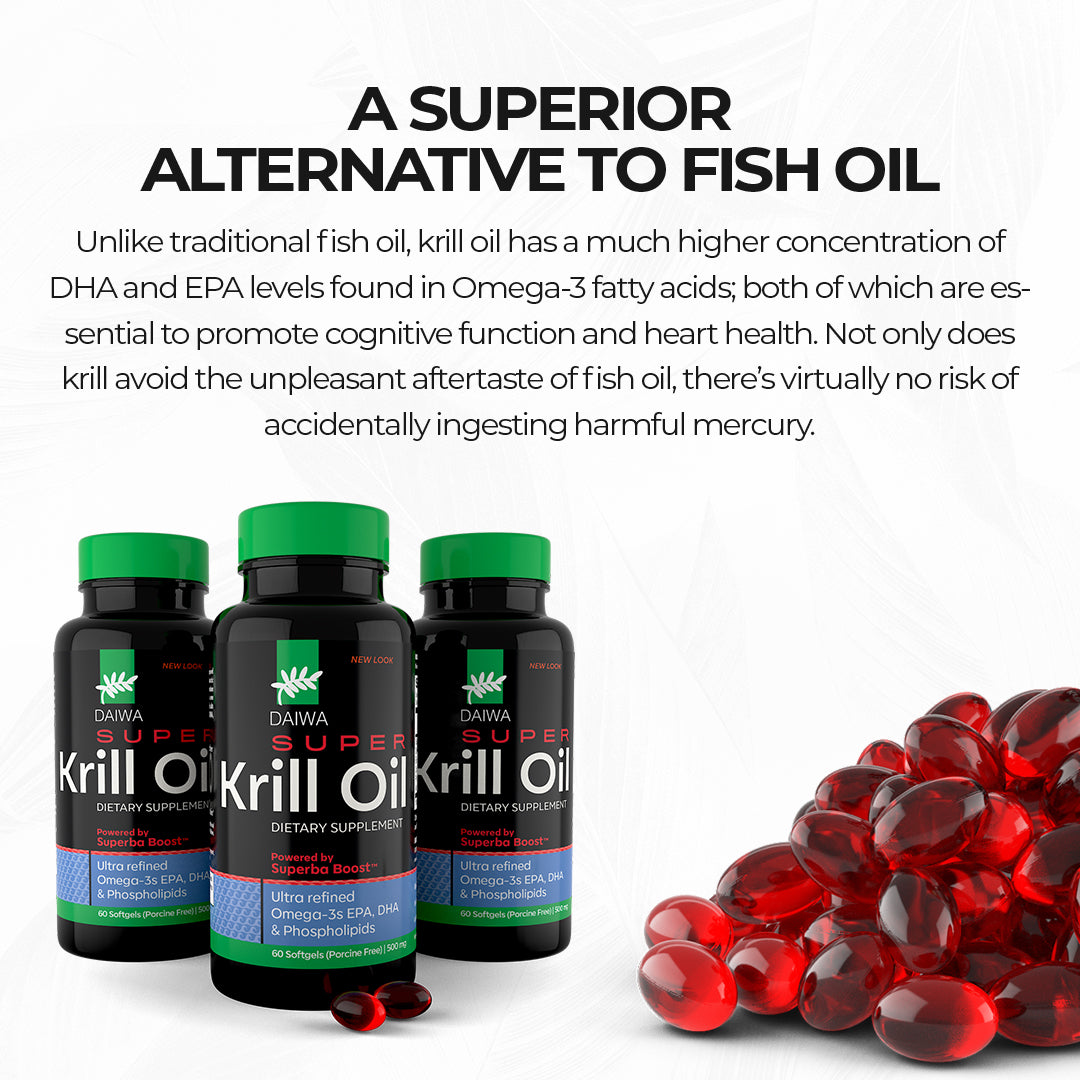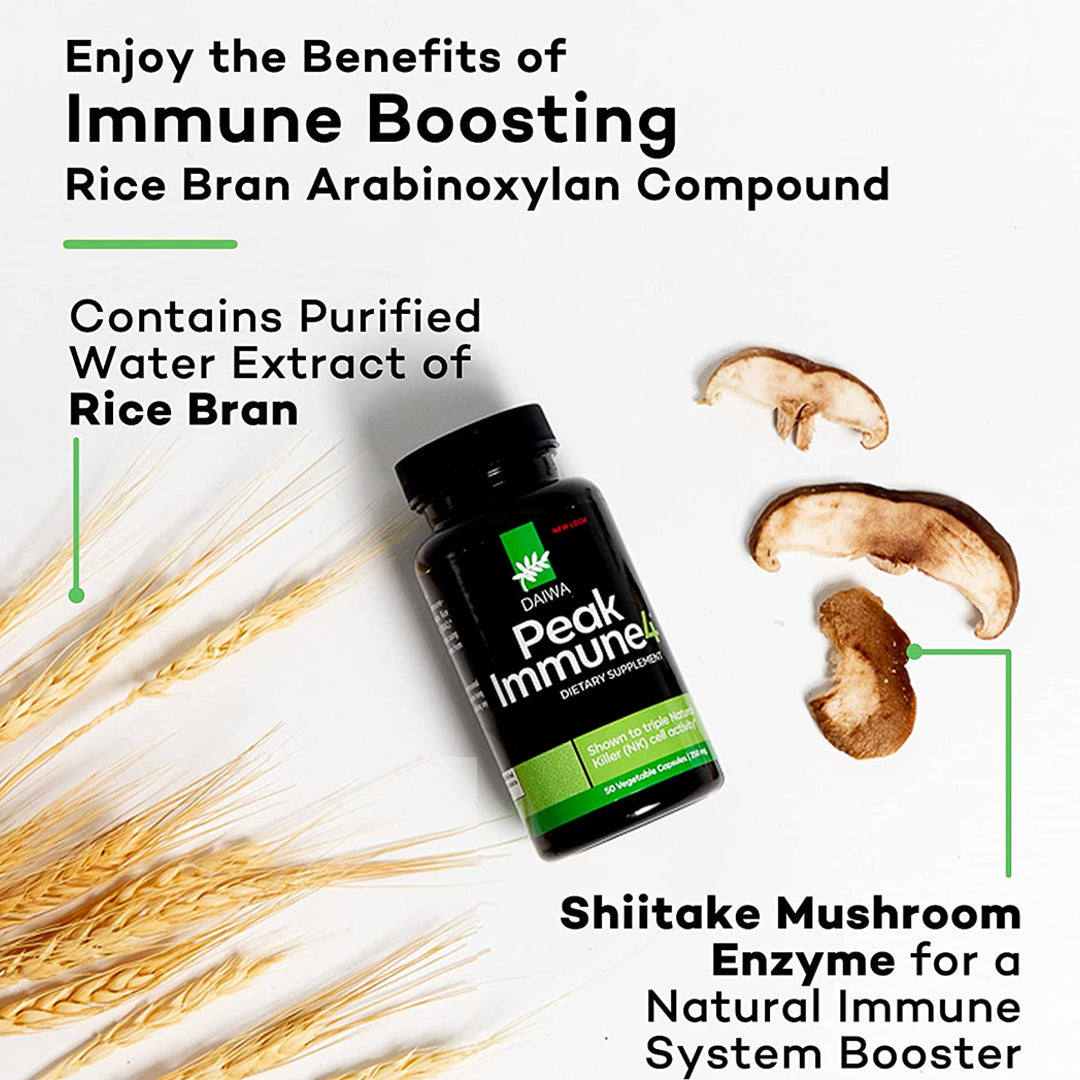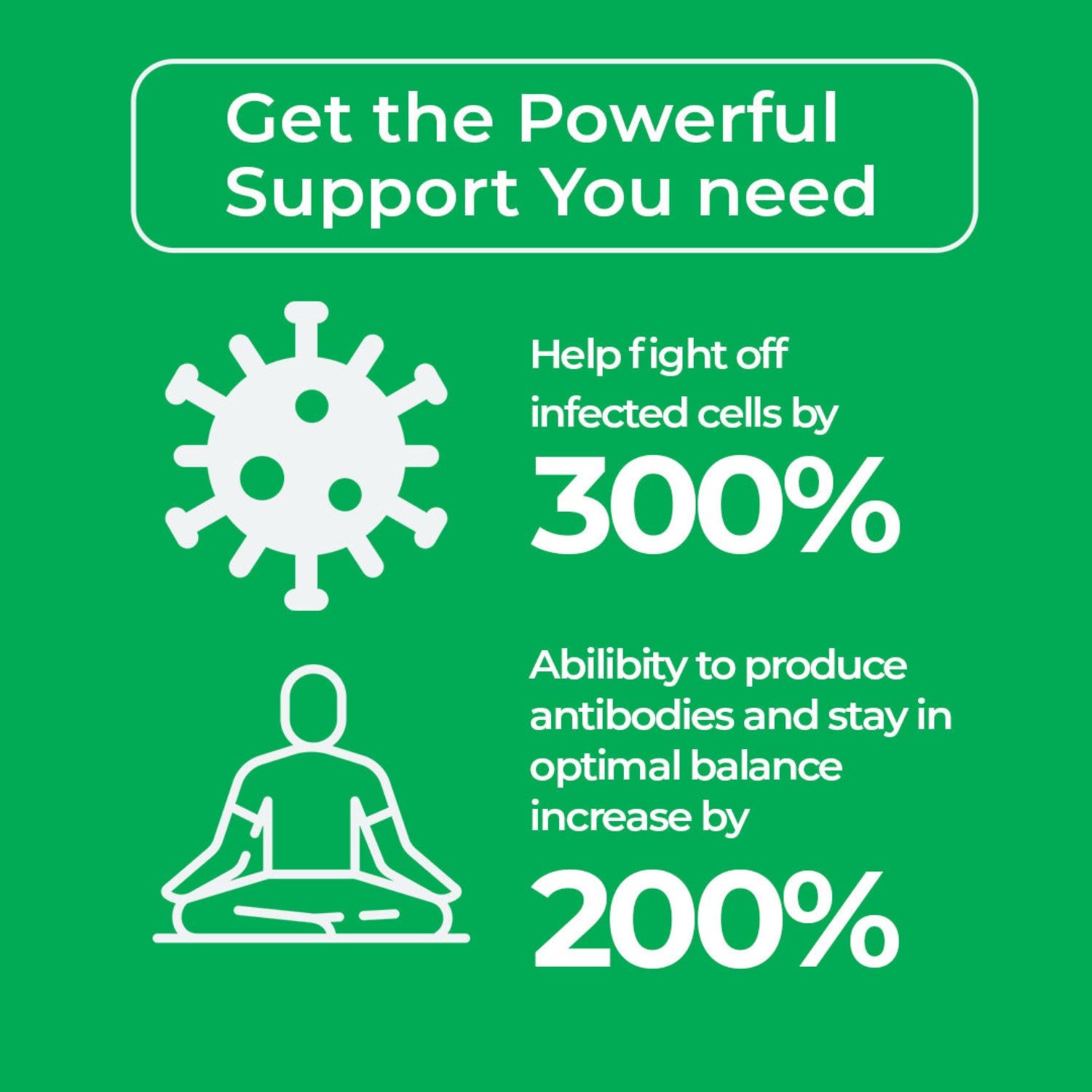At Daiwa Health Development, we prioritize holistic approaches to well-being, offering supplements that support both physical and mental health through innovative, science-backed formulations. As people age, they often shift focus toward physical needs due to increasing aches, pains, and limitations. Yet, life continues at its pace, prompting efforts to keep the body aligned with demands. However, maintaining mental health is equally vital, no matter the stage of life. A healthy mind complements a healthy body, and staying mentally healthy involves adopting a mindset that emphasizes slowing down rather than racing ahead. It centers on pausing to appreciate life's joys and making mindful choices that foster positive emotions and overall health.
Mental health influences how individuals think, feel, and act in daily life. It affects the ability to cope with stress, relate to others, and make decisions. Poor mental health can lead to conditions like anxiety or depression, impacting physical health as well. Conversely, good mental health promotes resilience, enabling better handling of difficult situations. In unprecedented times of change, such as global shifts or personal transitions, prioritizing mental health becomes crucial for sustaining energy and mood.
Understanding the Interconnection of Physical and Mental Health
Physical and mental health are deeply linked, with each influencing the other. For instance, regular exercise boosts mood by releasing endorphins, while chronic stress can manifest as physical symptoms like elevated blood pressure. Taking care of one aspect supports the other, creating a cycle of improved well-being. From a functional medicine perspective, imbalances in the body—such as inflammation or nutrient deficiencies—can exacerbate negative thoughts or reduce feelings of positivity. Addressing these through lifestyle adjustments and targeted supplementation enhances both domains.
Unique insights from functional medicine highlight the role of the gut-brain axis in this connection. The gut produces neurotransmitters like serotonin, which regulate mood and emotions. Disruptions here can lead to mental health challenges, underscoring the need for gut-supportive habits. By focusing on this interplay, individuals can achieve greater harmony in their overall health.
The 5 C's of Mental Health
A useful framework for staying mentally healthy is the 5 C's: Competence, Confidence, Character, Connection, and Caring. Competence involves building skills to handle life's demands effectively, fostering a sense of mastery that reduces stress. Confidence grows from recognizing personal strengths, helping to counter negative thoughts. Character emphasizes values and integrity, guiding actions that align with one's true self for inner peace. Connection refers to nurturing relationships with family members, friends, and loved ones, providing emotional support and helping individuals feel connected. Caring encompasses self-compassion and kindness toward others, promoting positive emotions and social well-being.
Incorporating these C's into daily life builds resilience. For example, developing new skills through hobbies enhances competence, while spending time with loved ones strengthens connection. This approach, rooted in positive youth development principles, applies across ages to improve mental health.
Building Healthy Habits for Mental Well-Being
Healthy habits form the foundation for good mental health. Start by integrating simple activities that promote awareness and balance. Walking outdoors, for instance, combines physical activity with exposure to fresh air, which can elevate mood and reduce stress. Establishing routines encourages consistency, making it easier to cope with challenges.
From our expertise at Daiwa Health Development, we see how supplements like probiotics support these habits by enhancing gut health, which directly impacts mental clarity and energy. Mid-article, it's worth noting that our plasmanoid-based formulations, derived from natural sources, aid in managing inflammation linked to mood disorders, offering a subtle yet powerful boost to your regimen.
Practicing Mindfulness Meditation
Mindfulness meditation stands out as a powerful tool for mental health. It involves finding a quiet space, adopting a comfortable posture, focusing attention on breath or an object, and maintaining an open mind to let thoughts pass without judgment. Benefits include decreased blood pressure, heart rate, pain, and symptoms of anxiety and depression.
In practice, mindfulness helps observe thoughts objectively, reframing unhelpful patterns over time. Even short sessions serve as reminders to return focus to the deep breath, aiding in managing negative thoughts or stressful moments. Regular meditation cultivates awareness, making it easier to navigate daily life with calm.
Pro Tip: Begin with five minutes daily, using guided apps if needed, to build this habit without becoming overwhelmed.
Prioritizing Quality Sleep
Quality sleep is essential for mental health, with a bidirectional relationship where poor sleep worsens issues like anxiety, and mental health problems hinder rest. To improve sleep, structure your day around your circadian rhythm. Welcome natural sunlight upon waking to regulate your internal clock, avoiding blue light from screens in the evening to help fall asleep.
Limit caffeine past midday and minimize alcohol or smoking, as they disrupt sleep cycles and mood. By prioritizing enough sleep—aiming for seven to nine hours—you enhance cognitive function and emotional stability, contributing to better mental health.
Fueling Your Body for Mental Clarity
Nutrition plays a key role in mental health, particularly through the gut-brain connection. Serotonin, associated with positive feelings, is largely produced in the gut, influenced by bacterial diversity. A diet rich in fruits, vegetables, and plant-based fiber supports this ecosystem, managing inflammation tied to depression.
Probiotics from fermented foods or supplements introduce beneficial bacteria, improving gut health and, consequently, mental well-being. In functional medicine, we recognize how nutrient-dense foods and targeted supplements prevent deficiencies that affect mood. Avoid processed items that spike energy then crash, opting instead for balanced meals that sustain focus.
Incorporating Regular Exercise
Exercise is a cornerstone for staying mentally healthy, releasing chemicals that boost mood and reduce feelings of stress. Activities like walking, yoga, or strength training improve physical health while enhancing mental resilience. Aim for at least 150 minutes weekly, tailoring to your fitness level.
Beyond endorphins, exercise fosters a sense of accomplishment, countering negative thoughts. It also promotes better sleep and social interactions if done in groups, amplifying benefits for overall well-being.
Nurturing Relationships and Emotional Support
Strong relationships with family, friends, and loved ones are vital for mental health. They provide emotional support, helping to cope during difficult situations. Stay connected through regular talks, sharing emotions openly to feel supported.
Building good relationships involves active listening and small acts of kindness, which foster positive interactions. In times of isolation, seek professional help or community groups to maintain social well-being. Feeling connected reduces risk of isolation-related issues like depression.
Managing Stress Through Breathing Exercises
Stress management is critical, as chronic stress harms mental health. Deep breathing exercises, such as inhaling slowly and exhaling fully, activate relaxation responses, lowering heart rate and blood pressure. Muscle relaxation techniques, tensing then releasing groups, further reduce tension.
Incorporate deep breathing into daily routines, like during commutes or before bed, to handle stress proactively. These practices improve your mental state by shifting focus from worries to the present.
Engaging in Self-Care Practices
Self-care is non-negotiable for mental health, encompassing activities that recharge you. This might include reading, hobbies, or spa days—whatever promotes positive emotions. Taking care of yourself prevents burnout, allowing better support for others.
Convert potential downsides, like overindulgence, into opportunities by setting boundaries, ensuring self-care enhances rather than hinders productivity. Regular self-care builds resilience, making it easier to maintain well-being.
Learning New Skills for Personal Growth
Acquiring new skills boosts confidence and mental health by providing purpose. Whether learning an instrument or a language, it stimulates the brain, fostering new pathways that combat negative thoughts? It's a teachable moment: what starts as a challenge becomes an opportunity for growth, turning potential cons like initial discomfort into lasting benefits for mood and resilience.
From our functional medicine lens at Daiwa Health Development, incorporating supplements that support gut health—key to serotonin production—amplifies these effects, subtly enhancing your mental clarity without overt effort.
Pro Tip: Pair the plug-in of a probiotic supplement during these sessions to maximize the gut-brain boost, making the experience even more rewarding.
Seeking Professional Help When Needed
Never hesitate to seek professional help for mental health concerns. Talk to a primary care provider or therapist if anxiety, depression, or stress persists—early intervention reduces risk and promotes treatment. Emotional support from experts complements self-care, ensuring comprehensive well-being.
Family members or loved ones can encourage this step, but ultimately, it's about taking care of yourself. In unprecedented times, professional guidance helps cope effectively, turning vulnerabilities into strengths.
Sustaining Mental Health Long-Term
Maintaining mental health requires ongoing effort, integrating habits like exercise, quality sleep, and healthy eating into daily life. Focus on positive relationships, deep breathing exercises for stress, and small acts that boost energy. Feel connected by spending time with friends and family, nurturing emotions through talk and support.
As you build these, notice how they improve your mental state, reducing negative thoughts and enhancing positive feelings. Regular check-ins with a primary care provider ensure alignment, while muscle relaxation or meditation keeps balance.
In closing, staying mentally healthy transforms life, fostering good relationships and overall health. At Daiwa Health Development, our supplements are designed to support this journey, providing natural aids for gut and brain harmony—consider incorporating them to elevate your well-being today








Leave a comment
All comments are moderated before being published.
This site is protected by hCaptcha and the hCaptcha Privacy Policy and Terms of Service apply.